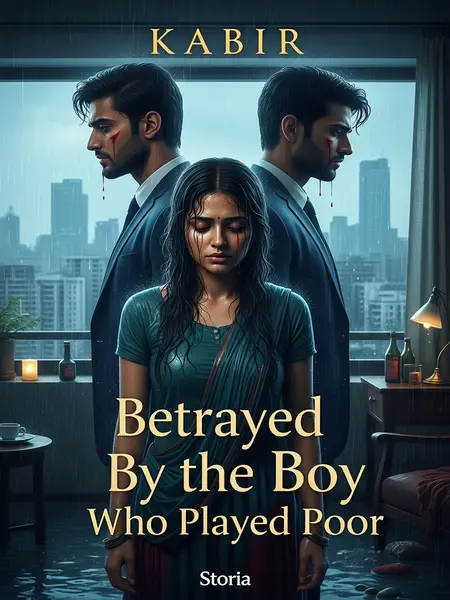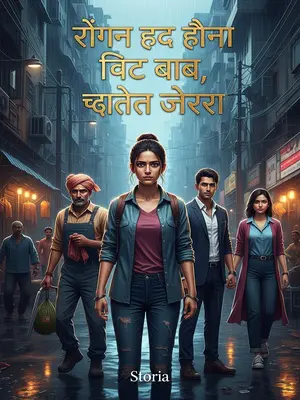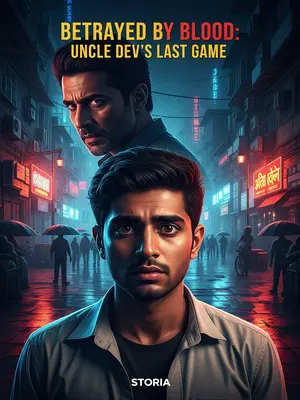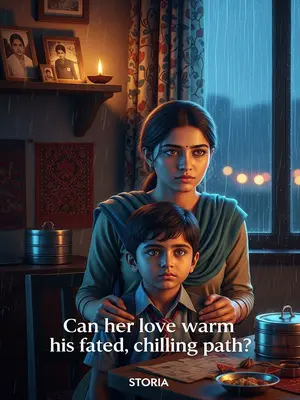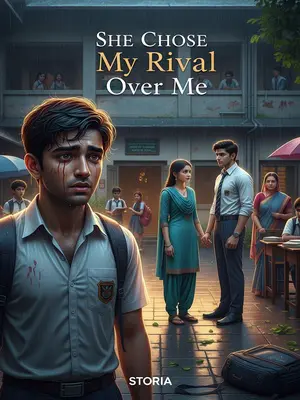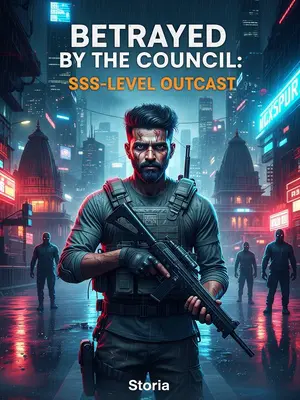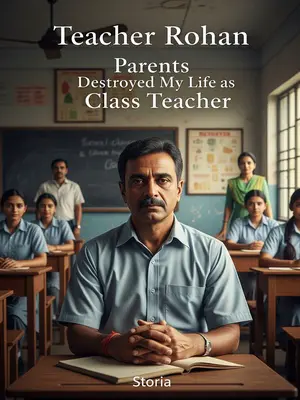Chapter 5: Ruined Walls, Ruined Hearts
Our flat was on the first floor of a rickety old building from the Bombay days, when nobody cared about drainage. We forced open the swollen door and stared. The water had risen a metre high. Cold, gritty water lapped at our ankles, carrying toothbrush cups, matching slippers, and our photo wall—the one we’d arranged over so many evenings.
The distant ceiling fan still whirred, its drone echoing through the damp, sticky air. The walls dripped with moisture, and the sour smell of spoiled groceries mixed with the scent of wet plaster.
Each photo told a story—cake-smeared birthdays, Diwali diyas we’d lit together, hand hearts on some forgotten trip. Now, all warped and water-stained, floating in the flood like ghosts of a happier time.
I paused at the door, hand lingering on the nameplate. For a second, I remembered the last Diwali, when we’d strung fairy lights and laughed until dawn. My chest tightened. The heartbreak was rooted in those memories—so Indian, so ours.
“It’s all ruined. Can’t see any of them now,” I muttered, voice thick with unshed tears.
Kabir set me on the shoe rack, rolled up his sleeves, and started fishing out photos. His brow furrowed deeper with each sodden memory he pulled from the muck.
I wanted to ask, “If this was all just a game, why do these memories matter?” But in the end, I just whispered, “Gone is gone. It’s nothing important.”
He turned, confusion and hurt flickering on his face. “Not important? If this isn’t important, then what is?”
I bit my lip, thumb tracing a faded diya on a ruined photo, letting silent grief pass through my fingertips. Maybe these memories were precious to him only as trophies—proof of a game well-played.
I said nothing more, letting the silence grow between us, heavy as monsoon air.
